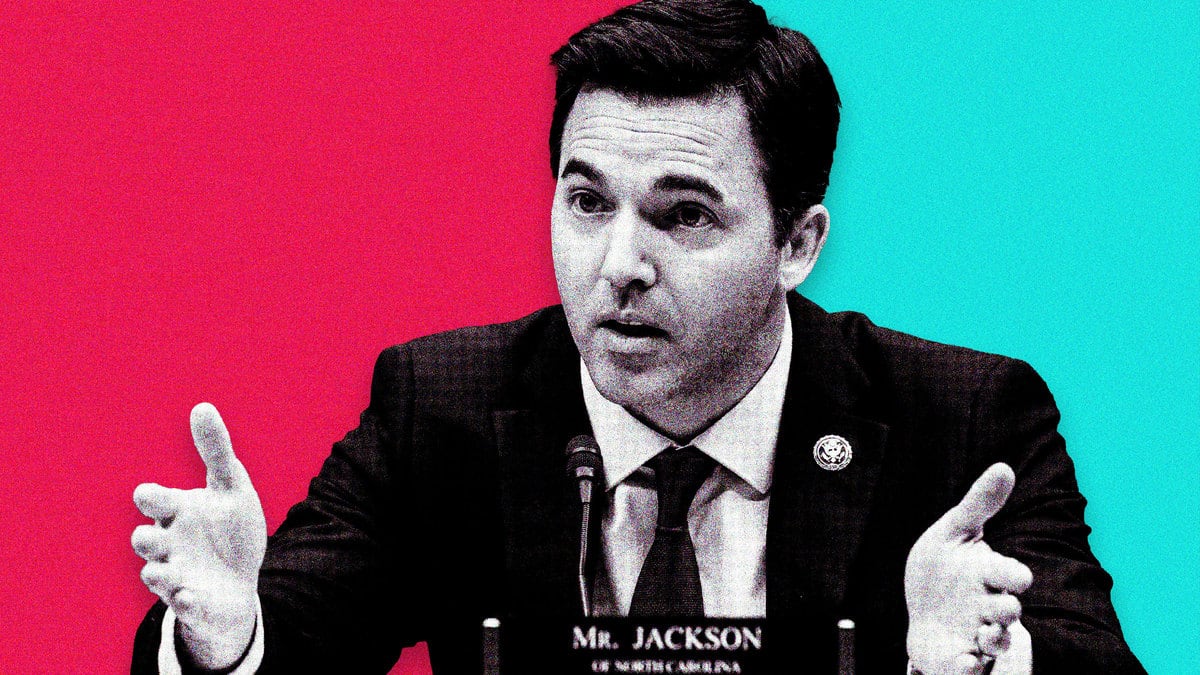Congress
Photo Illustration by The Daily Beast / Shutterstock
How This Rookie Congressman Got TikTok Famous
DUET THIS
Rep. Jeff Jackson knows his colleagues hate the China-owned social media sensation. But they haven’t gamed the algorithm as well as he has.





